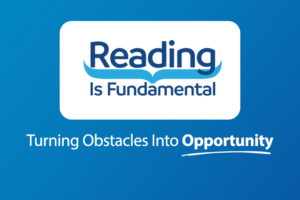Sarah Ford | December 7, 2015
When Building the Business Case for Doing Good, Start With Accountability and Transparency
By Gwen Moran
Creating workplace philanthropy programs is a good way to bolster a company’s reputation while making employees feel good about the place where they work, says management consultant Michael Montgomery, founder of Montgomery Consulting, which helps companies implement such programs. However, starting a philanthropy isn’t just a matter of picking a charity to support.
“Successful workplace philanthropy projects are not necessarily the boss’s favorite charity. Rather, they are organized around causes that truly resonate with the employees,” he says.
If you’re interested in starting a successful workplace philanthropy program, take a few cues from those who have already done so successfully.
START WITH ACCOUNTABILITY AND TRANSPARENCY
As you launch your program, think about how you’ll direct efforts and money, as well as how you’ll vet the organizations involved, Montgomery says. A 2014 survey by America’s Charities, a membership group of nonprofit organizations, found that 61% of nonprofit survey respondents said their corporate partners and individual donors expect greater accountability around impact and results. So show your employees how they can evaluate charities on their own and measure their effectiveness. Organizations and websites like GuideStar, Charity Navigator, and the Better Business Bureau can all be useful tools.
>> Continue Reading on Fast Company

Get Resources and Insights Straight To Your Inbox
Explore More Articles
Workplace Fundraising + Volunteering Summit (April 2nd and 3rd, 2025)
Join us in attending this virtual summit! The America’s Charities team is joining up with other leading voices in the workplace giving space for a…
Read ArticleThe Time to Act is Now
The results of the 2024 National Assessment of Educational Progress (NAEP) are in, and the findings are, in a word, heartbreaking. This assessment serves as…
Read ArticleOpen Position: Non-Profit Account Manager, Employee Assistance Funds & Scholarships (Remote – Full Time)
We are professional, agile, customer-centric and our goal is to inspire employees and organizations to support causes they care about. We help nonprofits fundraise unrestricted,…
Read ArticleGet Resources and Insights Straight To Your Inbox
Receive our monthly/bi-monthly newsletter filled with information about causes, nonprofit impact, and topics important for corporate social responsibility and employee engagement professionals, including disaster response, workplace giving, matching gifts, employee assistance funds, volunteering, scholarship award program management, grantmaking, and other philanthropic initiatives.





